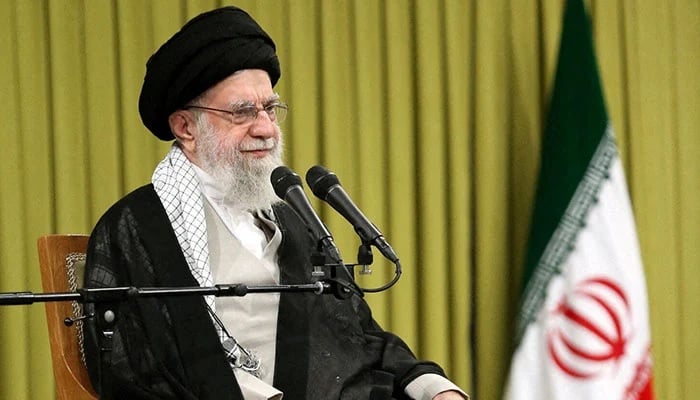Iran's supreme leader retreats to bunker, taps successors amid conflict: report
Khamenei cuts electronic communication, relying on trusted aide to relay messages to commanders, says NYT
June 21, 2025

- Iran bans cell phones for top officials to prevent surveillance.
- Formal succession plan drawn, naming 3 possible replacements.
- His son Mojtaba was notably excluded from the list of successors.
As tensions with Israel reach dangerous new heights, Iran’s Supreme Leader Ayatollah Ali Khamenei has taken what insiders are calling a drastic set of precautions to protect both his life and the future of the country’s leadership, according to a New York Times (NYT) report published on Saturday.
Citing three Iranian officials familiar with emergency planning, the report says Khamenei has stopped using electronic devices and now communicates with military commanders only through a single, trusted aide, part of an effort to avoid detection.
He's now believed to be sheltering in a heavily fortified bunker. And in a sign of how seriously the situation is being taken, Khamenei has reportedly drawn up a succession plan.
That includes naming backups for key military roles and identifying three senior clerics who could take his place if he is killed.
Officials quoted in the report say Khamenei is convinced that Israel, or possibly the United States, which may be plotting to assassinate him.
Security across the leadership has tightened. According to the Times, Iran’s Ministry of Intelligence has banned phones and other electronic devices among top officials and military brass, fearing surveillance or tracking.
Interestingly, the supreme leader’s son, Mojtaba Khamenei, who was long seen as a potential heir, was not included in the list of named successors.
So far, Iranian authorities haven’t publicly responded to the report.











